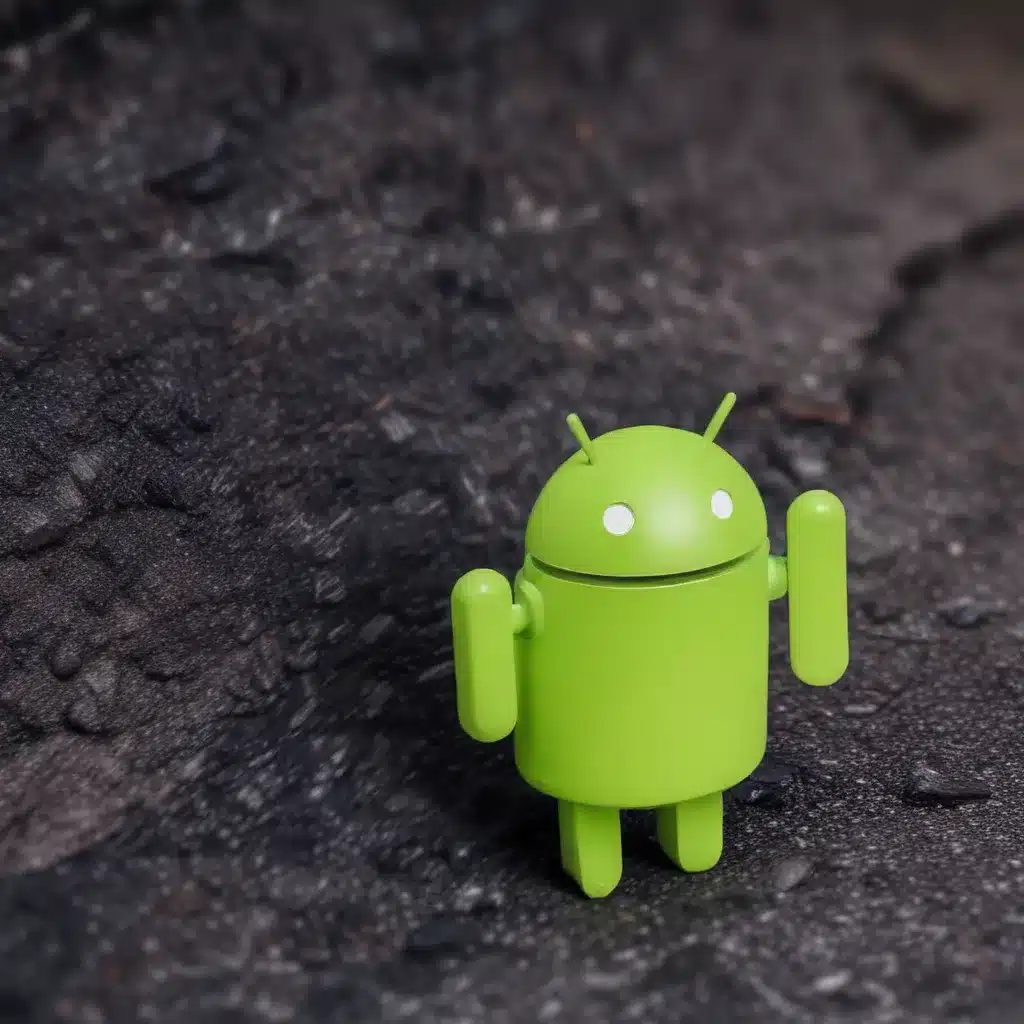
As an experienced IT professional, I’ve seen my fair share of Android app crashes, and I know how frustrating they can be for users. But the good news is that there are often simple solutions to these issues. In this comprehensive guide, I’ll share practical tips and in-depth insights to help you overcome Android app crashes and keep your mobile experience smooth and seamless.
Identify the Root Cause
The first step in resolving app crashes is to determine the underlying cause. Android app crashes can be triggered by a variety of factors, from software incompatibilities to hardware issues. By understanding the root cause, you can tailor your troubleshooting approach and find the most effective solution.
Check for App Updates
One of the most common causes of app crashes is outdated software. App developers are constantly releasing updates to address bugs, improve performance, and introduce new features. Ensure that your apps are up-to-date by regularly checking for and installing the latest updates. This can often resolve crashes caused by known issues that have been fixed in newer versions of the app.
Examine Device Compatibility
Another potential cause of app crashes is device compatibility. Android devices come in a wide range of shapes, sizes, and hardware configurations, and some apps may not be optimized to run smoothly on all devices. Check the app’s system requirements and ensure that your Android device meets the necessary specifications. If the app is not compatible with your device, you may need to consider using a different device or app.
Investigate Memory and Storage Issues
Limited memory or storage space can also contribute to app crashes. Android apps require a certain amount of RAM and storage to function properly. If your device is running low on either, it can cause apps to crash or become unresponsive. Free up storage by deleting unused apps and files, and consider upgrading your device’s RAM or storage if necessary.
Troubleshoot Specific Crash Scenarios
Once you’ve identified the potential causes of the app crashes, you can start troubleshooting specific scenarios to find the best solution.
Crashes on Screen Transition
If your app is crashing when transitioning between screens, it could be due to a compatibility issue with the screen elements or a problem with the app’s navigation logic. Try the following steps:
- Check for KivyMD Compatibility: If your app is using KivyMD elements, ensure that the versions of Kivy and KivyMD are compatible. Refer to the Reddit post for guidance on troubleshooting version conflicts.
- Simplify Screen Transitions: Reduce the complexity of your screen transitions, such as minimizing the number of animations or UI elements that change during the transition.
- Debug Crash Logs: Carefully review the crash logs (logcat) to identify any error messages or stack traces that may provide clues about the root cause of the crashes.
Crashes on Specific Actions or Features
If your app crashes when performing certain actions or using specific features, the issue may be related to the underlying functionality of those elements. Try the following steps:
- Isolate the Problematic Feature: Identify the specific feature or action that is causing the crashes, and try to reproduce the issue consistently.
- Review Code and Dependencies: Examine the code and dependencies related to the problematic feature, looking for any potential bugs, conflicts, or resource leaks.
- Test on Multiple Devices: Try the app on different Android devices to see if the crashes are device-specific or more widespread.
Crashes on App Launch
If your app is crashing immediately upon launch, it could be due to a critical error in the app’s initialization or a conflict with system resources. Try the following steps:
- Check for Manifest Errors: Ensure that your app’s manifest file is properly configured, with all necessary permissions and components declared correctly.
- Inspect Startup Logic: Review the app’s startup logic, looking for any potential issues with resource initialization, database connections, or other essential processes.
- Clear App Data and Cache: Try clearing the app’s data and cache, which can sometimes resolve issues related to corrupted or outdated app data.
Implement Preventive Measures
To reduce the likelihood of future app crashes, consider implementing the following preventive measures:
Comprehensive Testing
Thoroughly test your app on a variety of Android devices and versions, including both physical devices and emulators. This will help you identify and address compatibility issues before they become a problem for your users.
Proactive Crash Reporting
Implement a robust crash reporting system in your app, such as Firebase Crashlytics or Sentry. This will allow you to quickly identify and fix the root causes of crashes, improving the overall stability and reliability of your app.
Continuous Integration and Deployment
Implement a continuous integration and deployment pipeline to automate the process of building, testing, and releasing your app. This can help catch and resolve issues earlier in the development lifecycle, reducing the risk of crashes in production.
User Feedback and Support
Encourage your users to provide feedback and report any issues they encounter. Respond promptly to user reports and use the information to improve your app’s stability and user experience.
By following these practical tips and insights, you can overcome Android app crashes and deliver a seamless, reliable experience for your users. For more IT solutions and technology insights, be sure to visit IT Fix.












